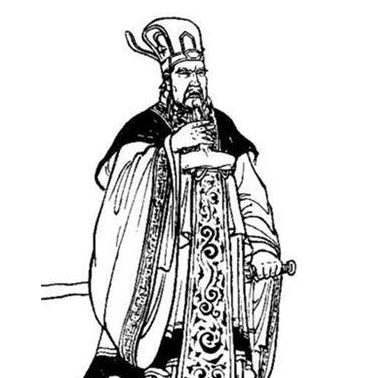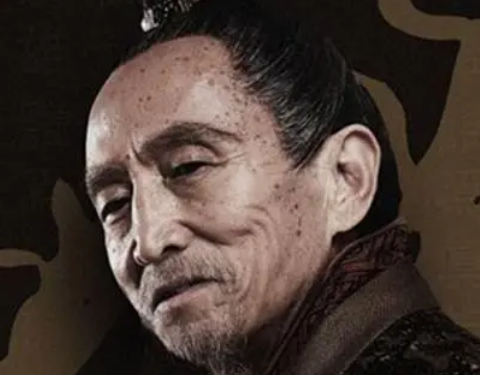In the long history of China, the titles of many historical figures are often closely related to their life stories, status, and identity. Among them, Sima Yi, a famous politician and strategist during the Cao Wei period, was respectfully known as "Sima Xuanwang". So, why did this figure who had a significant impact on the history of the Three Kingdoms receive such a title?

Firstly, it's important to understand that the title "Sima Xuanwang" was not self-given by Sima Yi but rather bestowed upon him by later generations to express their respect and admiration. In China's feudal society, officials below the emperor would often have additional titles or posthumous titles, apart from their official positions, to reflect their status and influence in the court. These titles or posthumous titles were usually named based on their lifelong political achievements, character, contributions, and other factors.
So, why was Sima Yi respectfully known as "Xuanwang"? This is mainly related to his significant contributions during the Cao Wei period. Sima Yi was an important minister assisting in government affairs in Cao Wei. His political and military talents played a crucial role in the stability and development of Cao Wei. During his tenure, he implemented a series of policies that restored and developed the economy of Cao Wei, strengthening the country's strength. At the same time, he led the military to defeat attacks from Shu Han and Wu, defending Cao Wei's territory and sovereignty.
The character "Xuan" in ancient literature has the meanings of "propagate" and "advocate," which is undoubtedly very apt to describe Sima Yi's political and military talents. His policies and actions not only had a profound impact at that time but were also widely propagated and disseminated in later generations. Therefore, he was respectfully known as "Xuanwang," a high praise and recognition of his political and military achievements.
As for the character "Wang," it was an honorific title for monarchs or feudal lords in ancient times. Although Sima Yi never reigned as an emperor, his status and influence were no less than a monarch. His power and status in Cao Wei were unparalleled, and his commands and decisions had decisive influence on the entire country. Therefore, he was respectfully known as "Wang," symbolizing his supreme status during the Cao Wei period.
Overall, Sima Yi's title of "Sima Xuanwang" is a testament to the high praise and recognition given by later generations to his lifelong political achievements, character, and contributions. This title not only reflects his significant accomplishments in politics and military affairs but also embodies his supreme status during the Cao Wei period.
Disclaimer: The above content is sourced from the internet and the copyright belongs to the original author. If there is any infringement of your original copyright, please inform us and we will delete the relevant content as soon as possible.
































